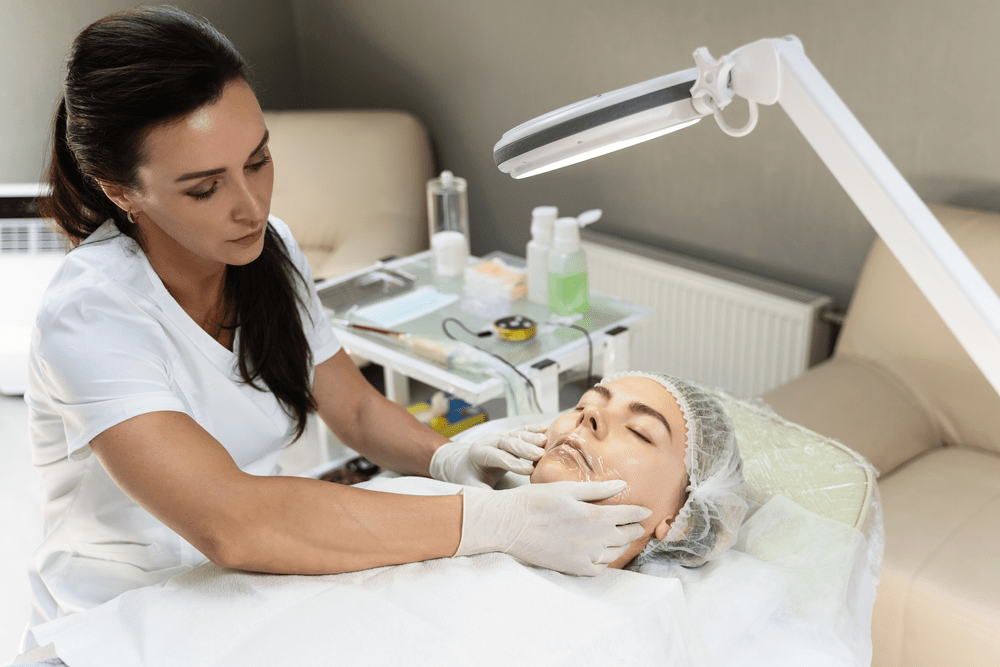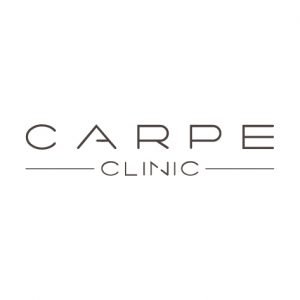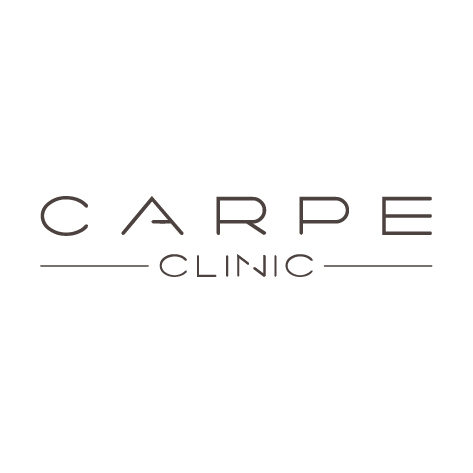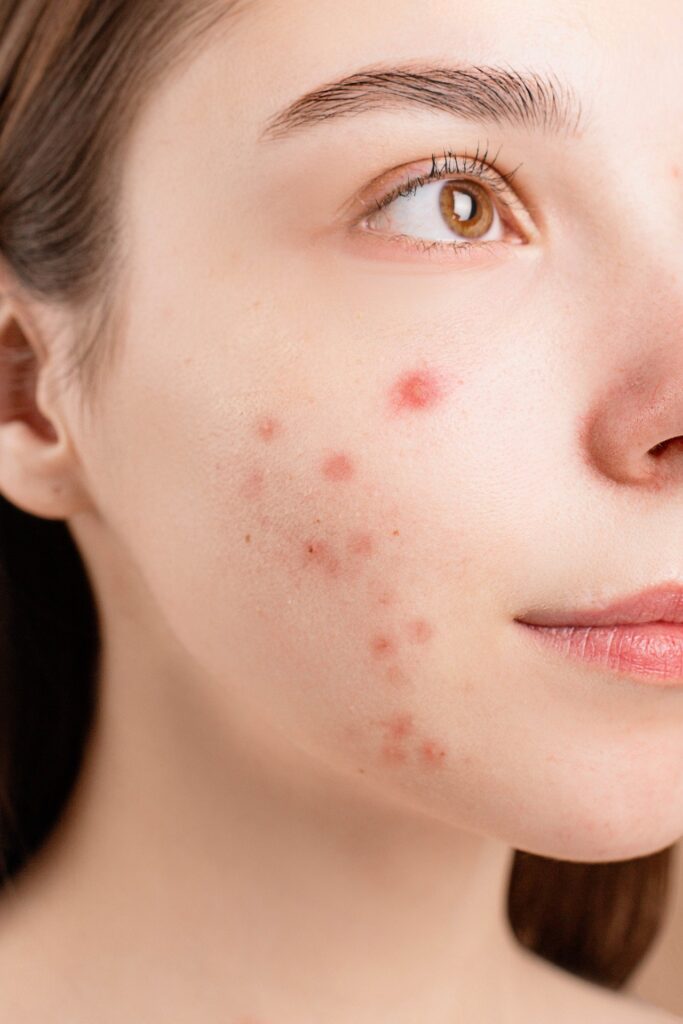What is rosacea?
Couperose is a common skin condition that can affect people of all ages. It is characterized by the presence of visible red blood vessels on the face, especially on the cheeks, nose and chin. These red lines or spots on the skin are the result of dilated and sagging blood vessels that are closer to the surface of the skin than normal.
The name “rosacea” is derived from the French word “couper,” which means “to cut.” This term refers to the cutting, red lines seen on the face of people with this condition. Although rosacea is not a medical hazard, for some people it can be a cosmetic discomfort and affect their self-confidence.
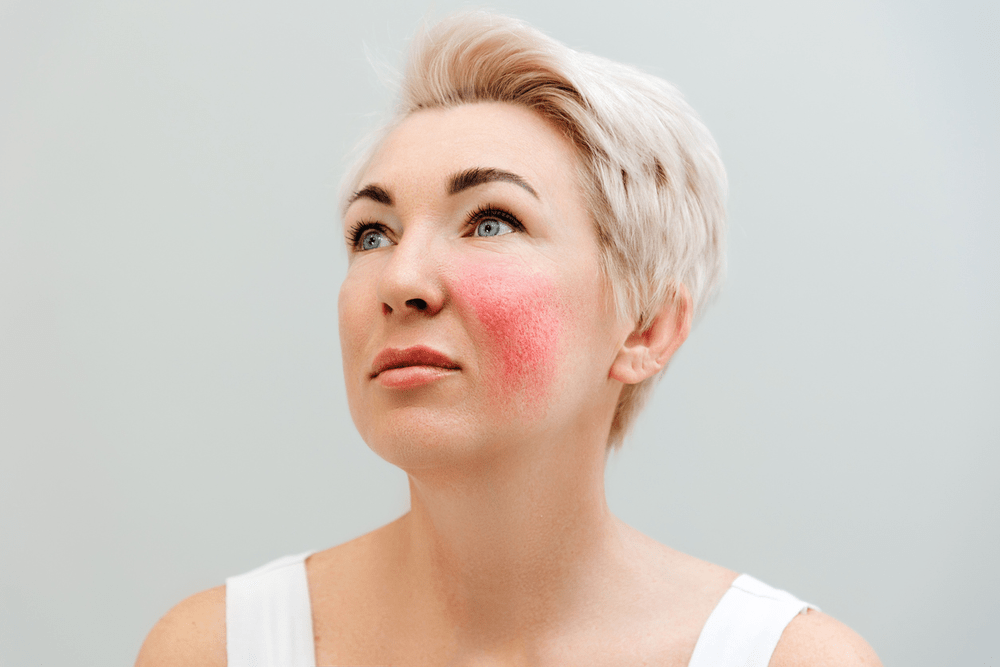
The difference between rosacea and rosacea
Before delving deeper into this condition, it is important to understand that it is often confused with rosacea. Although they have similar symptoms, they are two different conditions. Rosacea is specifically related to dilated blood vessels, while rosacea is a more complex condition that causes inflammation and redness.
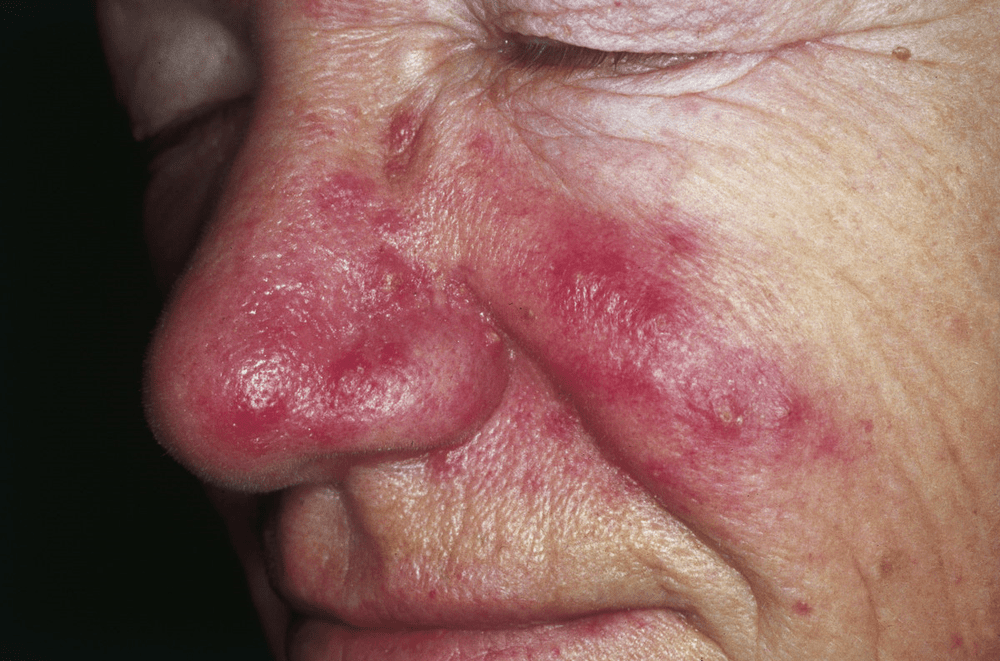
How do you recognize rosacea?
Characteristics of this condition are red lines or spots on the skin. The redness occurs because blood vessels are closer to the surface of the skin and dilated. These dilated blood vessels are also called teleangiectasias. The red lines can be thin and fine, similar to spider’s eyes, or form larger reddish patches. Usually the redness is concentrated on parts of the face such as the cheeks, nose and chin.
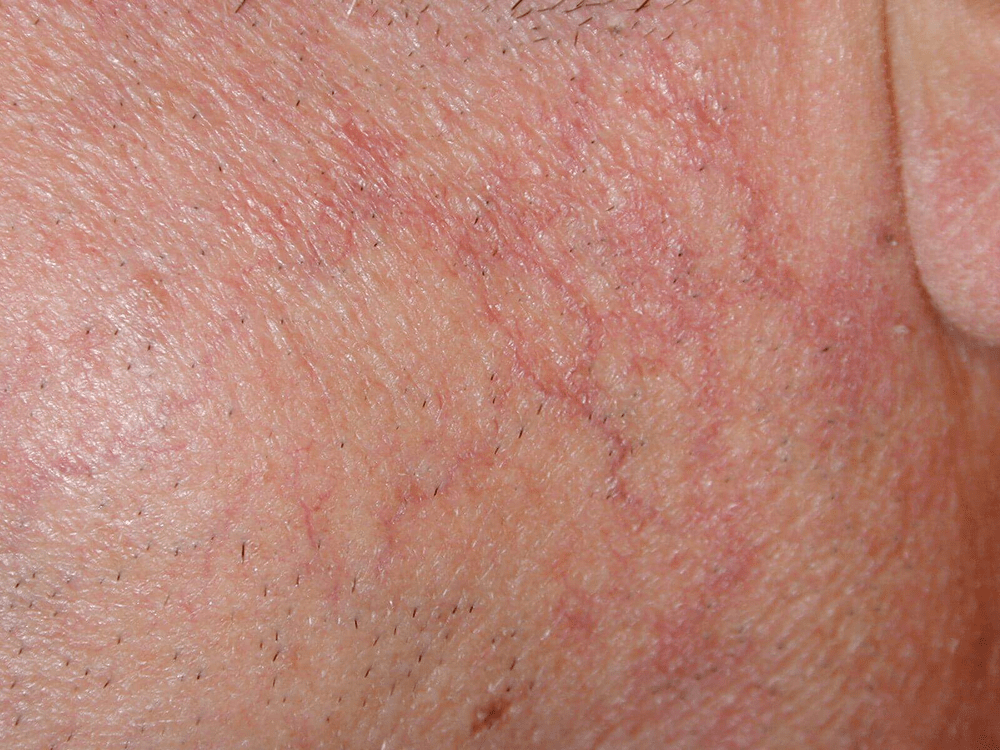
Who develops rosacea?
This condition can affect people of all ages , but the risk is increased by certain factors. People with fragile skin have an increased risk of rosacea due to the sensitivity of their blood vessels to external stimuli such as temperature changes, wind, sunlight and harsh skin care products. Heredity, sun exposure and hormonal fluctuations can also contribute to this.
Although the exact causes may vary, it is important to pay attention to possible triggers and adopt proper skin care to prevent or reduce rosacea.
Be careful with cosmetic treatments: Some cosmetic treatments can irritate the skin and cause hyperpigmentation. Consult a dermatologist before trying new products or treatments.
Rosacea in men: a common problem
It is a common misconception that the condition primarily affects women, but in reality, it can occur in men as well. Men, like women, have blood vessels in their faces that can be prone to dilation and redness. Rosacea in men can occur at any age, but seems to become more common as they age.
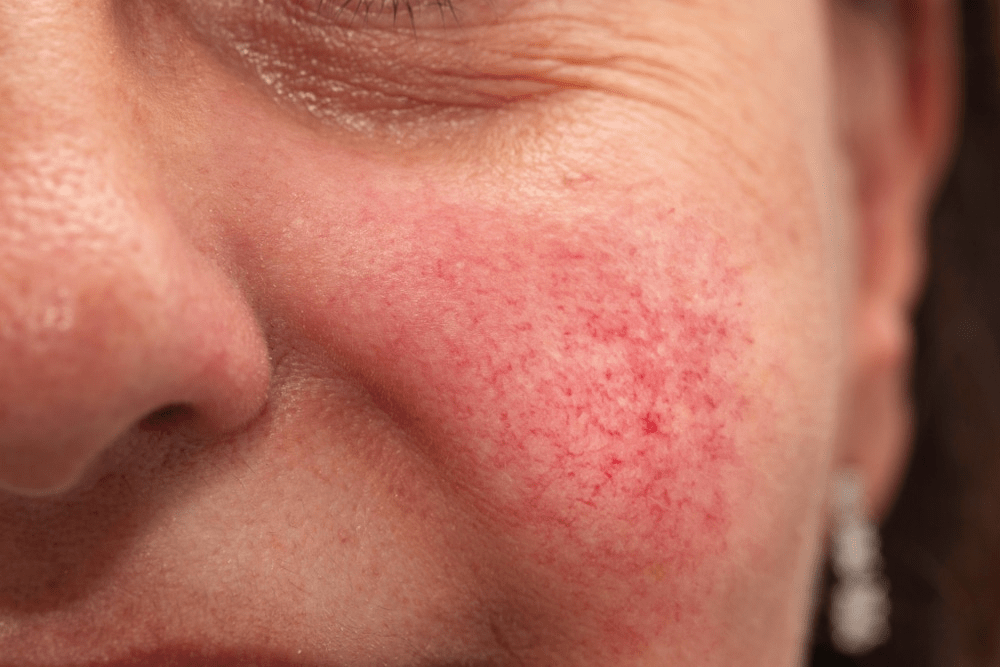
Rosacea in children: causes and caring approach
Although less common, children can also develop this condition. It is important to understand the factors involved and how we can take a caring approach to help children cope with this skin condition.
The causes in children are similar to those in adults, such as heredity and exposure to environmental factors. Children can also develop rosacea as a result of hypersensitivity of their blood vessels, making them more easily dilated and causing redness.

Causes and triggers of rosacea
The condition can be affected by several factors. Heredity plays a role in susceptibility to the condition. When it runs in the family, you are more likely to develop it yourself.
Environmental factors also play a role, such as sun exposure and cold. Excessive sun exposure can damage blood vessels in the skin and worsen symptoms. In addition, extreme temperature changes, cold and wind can also negatively affect the skin and worsen symptoms.
The role of nutrition in rosacea
Research has shown that nutrition can play a role in this condition. Some foods may worsen symptoms, while others may help reduce redness. Foods known to be triggers for rosacea include spicy foods, hot drinks, alcohol and foods rich in histamine, such as cheese and smoked meats.
On the other hand, foods with anti-inflammatory properties, such as green leafy vegetables, berries and oily fish, can help reduce inflammation and alleviate symptoms.

Couperose and sensitive skin
People with hypersensitive skin often have an increased risk of developing rosacea. Their blood vessels are more sensitive to external stimuli such as heat, cold and irritation. Excessive exposure to extreme temperatures can cause blood vessels to expand and become visible on the skin’s surface, resulting in the red lines and spots.
It is important for people with sensitive skin to be careful about using harsh skin care products and to protect themselves from weather conditions that can exacerbate symptoms.
Sun exposure
Sun exposure is a known trigger for rosacea. The sun’s ultraviolet rays can harm blood vessels in the skin, causing dilation and redness.
Wearing a broad spectrum sunscreen with a high SPF is essential to protect the skin from the sun’s harmful effects and reduce symptoms. In addition, it helps to wear a hat and avoid direct sun exposure during peak hours to keep skin healthy.

Rosacea in winter
In winter , cold temperatures and dry air can dry out the skin and worsen symptoms. It is important to properly protect the skin during the cold seasons.
Using moisturizer can help keep skin hydrated and reduce redness. Wearing warm clothing and avoiding exposure to extreme cold can also protect the skin from the negative effects of winter weather.
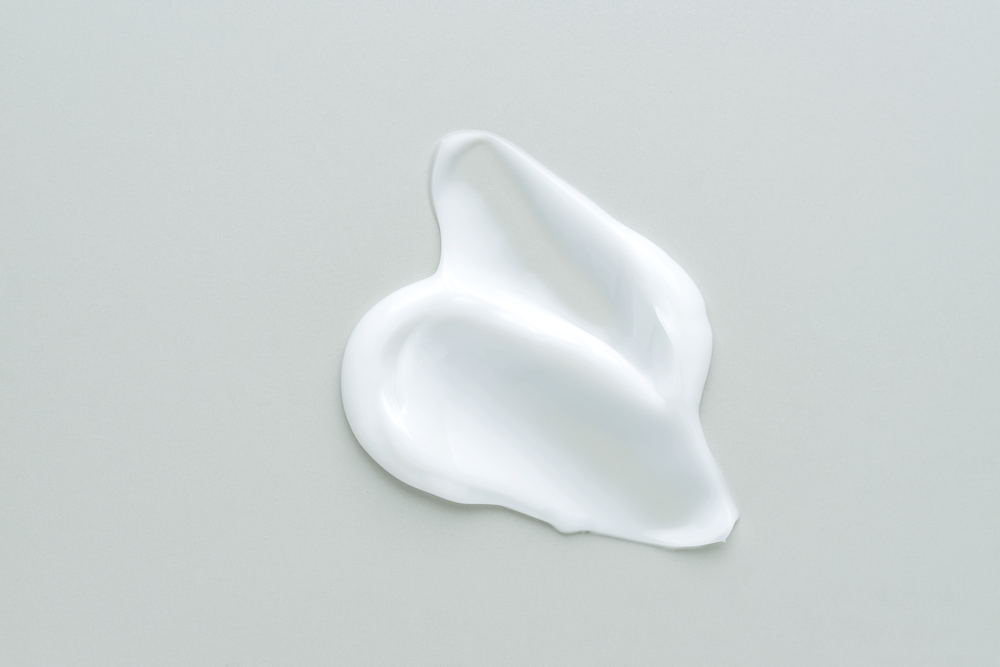
Factors affecting rosacea
Several factors can play a role in the onset and worsening of the condition. Heredity, age, hormonal fluctuations, exposure to external factors and lifestyle choices are some of the factors that can affect the development of the condition.
Heredity and rosacea
Heredity plays a significant role in susceptibility to rosacea. If the condition runs in your family, you have a higher risk of developing it as well. Genetic factors may cause the blood vessels in your skin to be more susceptible to dilation and redness, making it easier for it to develop.
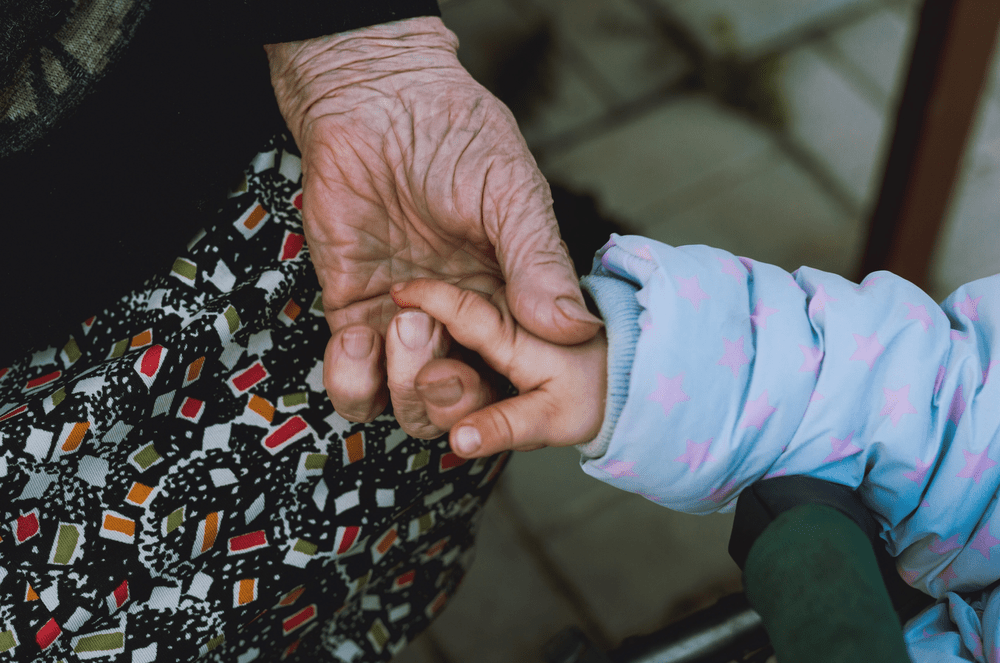
Pregnancy and rosacea
During pregnancy, the body undergoes hormonal changes, which can also affect the blood vessels in the skin. As a result, rosacea can develop or worsen during pregnancy. Increased blood flow to the skin and hormonal fluctuations can cause dilation of blood vessels and the appearance of red lines and spots on the face.

Rosacea and stress
Stress can negatively affect blood vessels and worsen symptoms. Under stressful conditions, blood vessels in the skin can dilate, which can lead to increased redness and visible blood vessels. It is important to manage stress and look for ways to relax, such as meditation, yoga or other relaxation techniques, to control the skin condition.

What can you do yourself?
Fortunately, there are some measures you can take yourself to reduce rosacea and keep symptoms under control. Here are some simple lifestyle and skin care adjustments that can help reduce redness and soothe the skin:
Protect your skin from the sun: Sun exposure can aggravate rosacea, so it is essential to protect your skin from the harmful effects of UV rays. Use sunscreen with a high SPF, wear a wide-brimmed hat and avoid direct sun exposure during peak hours.
Use mild skin care products: Avoid harsh skin care products that may irritate the skin. Choose mild, unscented products designed specifically for sensitive skin.
Avoid extreme temperatures: Exposure to extreme cold or heat can dilate blood vessels and worsen symptoms. Protect yourself from extreme weather conditions.
Limit alcohol and caffeine: Alcohol and caffeine can dilate blood vessels, which can contribute to skin redness. Limit their use to reduce symptoms.
Care and treatment
There are several care methods and treatments available to reduce the appearance of rosacea. From specific creams to laser therapy, we discuss the best options.
Natural remedies for rosacea
Topical creams and lotions containing ingredients such as vitamin C and niacinamide can help reduce redness and strengthen blood vessels. Vitamin C is a powerful antioxidant that can protect the skin from free radical damage and strengthen blood vessels.
Niacinamide, also known as vitamin B3, has anti-inflammatory properties that reduce redness and irritation. It is important to regularly apply creams to the affected areas can help improve the overall skin tone.
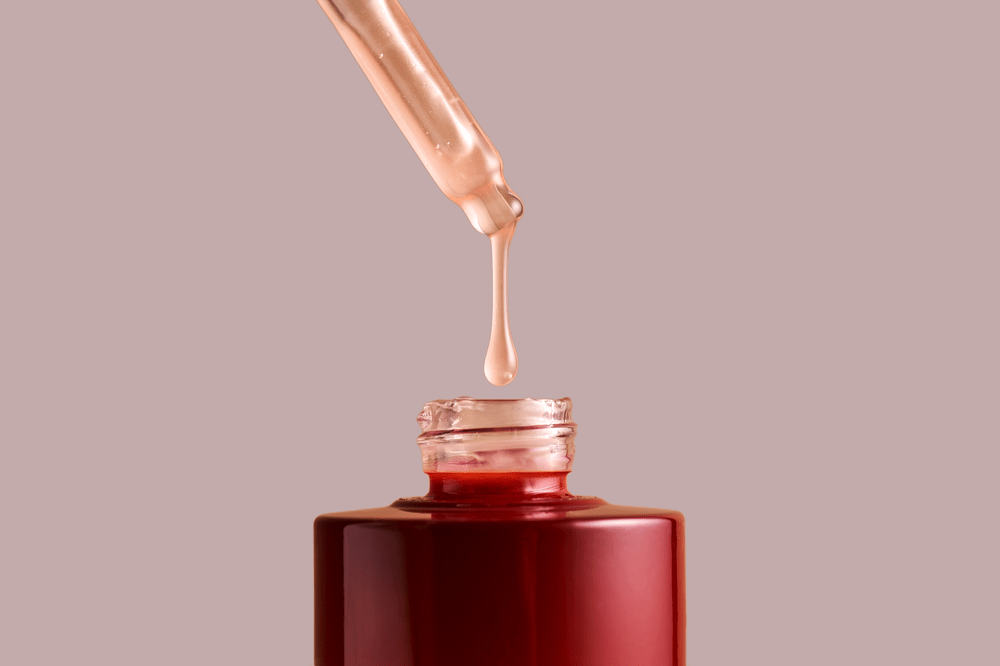
Rosacea and laser therapy
Laser therapy is one of the most widely used and effective procedures. This treatment uses concentrated light beams to target and coagulate dilated blood vessels, making them less visible. The treatment can be slightly uncomfortable, but most people experience little to no pain. Depending on the severity of the condition, several sessions may be required to achieve the desired results. Some redness and swelling may occur after treatment, but this usually disappears within a few days.
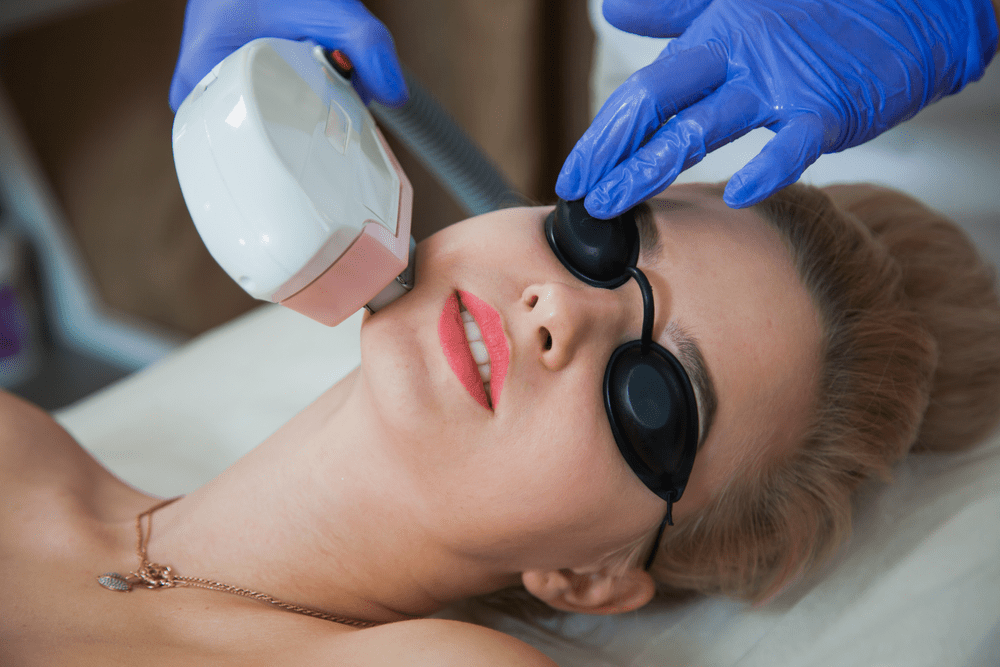
Surgical options for stubborn rosacea
For persistent rosacea, surgical options may be considered. One of the most commonly used surgical techniques is electrocoagulation, in which a needle with an electric current is used to destroy the blood vessels. This procedure is usually performed under local anesthesia and can be effective in removing visible blood vessels. Another surgical option is the vascular laser, which also aims to clot the blood vessels to make them less visible.

Alternative treatment methods
In addition to traditional treatments, there are alternative methods that can help reduce rosacea. Some people benefit from acupuncture, facial massages or the use of essential oils such as rosemary or lavender oil to stimulate blood circulation and reduce redness. Although there is less scientific evidence on the effectiveness of alternative treatments, they may be worth trying for those looking for complementary approaches.
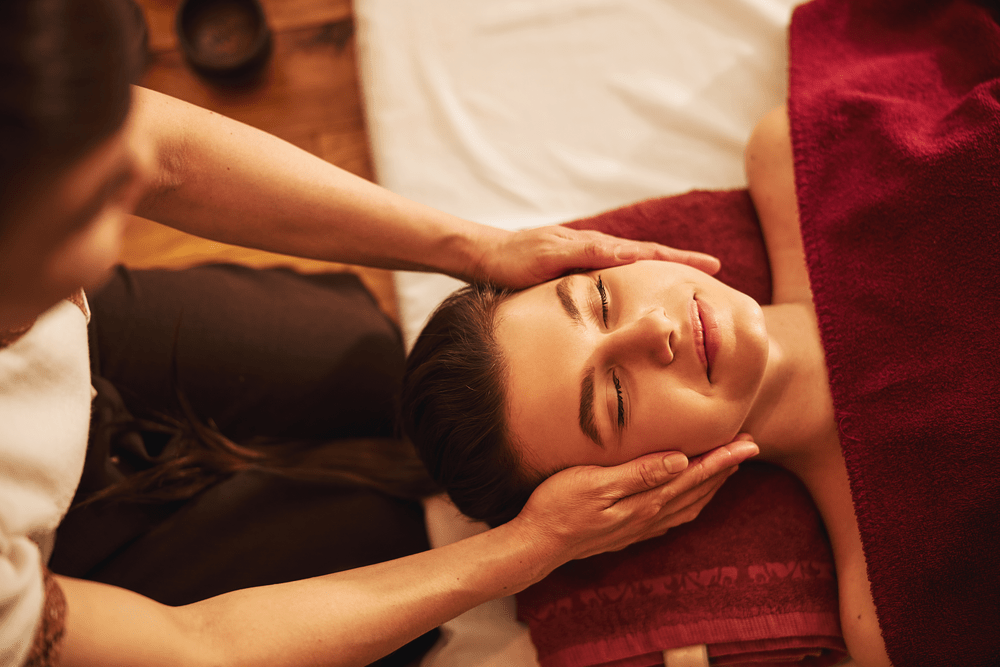
Prevention is better than cure
Preventing rosacea is critical to avoid worsening symptoms. Here are some comprehensive tips to keep your skin healthy:
Protect your skin from the sun: Sun exposure can damage blood vessels in the skin and worsen symptoms. Always wear sunscreen with a high SPF (Sun Protection Factor) to protect your skin from the harmful effects of UV rays. Choose a broad spectrum sunscreen that protects against both UVA and UVB rays. In addition, wearing a hat with a wide brim is an excellent way to protect your face from direct sunlight.
Avoid extreme temperatures: Hot and cold temperatures can dilate blood vessels in the skin and lead to redness and irritation. Try to protect your face from extreme weather conditions, such as intense heat or cold, by staying indoors or covering your face with a scarf or hat.
Choose mild skin care products: It is essential to use mild skin care products specifically suited for sensitive skin. Avoid products that contain irritating ingredients, such as alcohol, perfume and synthetic dyes. Choose products that are hypoallergenic and non-comedogenic to minimize the risk of skin irritation.
Limit alcohol and caffeine consumption: Alcohol and caffeine can dilate blood vessels, which can worsen your symptoms. Therefore, limit the consumption of alcoholic beverages and caffeinated drinks such as coffee and tea. Instead, opt for hydrating drinks such as water and herbal teas.
Avoid aggressive scrubs and peels: Aggressive scrubs and peels can damage delicate skin and cause irritation. Choose mild exfoliating products designed specifically for sensitive skin. Also avoid using rough sponges or brushes when cleansing your face.
Control stress levels: Stress can negatively affect blood vessels and worsen the symptoms of rosacea. Try to reduce stress by using relaxation techniques, such as meditation, yoga or deep breathing exercises. Sufficient sleep, exercise and maintaining a healthy lifestyle can also help reduce stress and promote skin health.
By observing these prevention tips, you can reduce the chances of developing rosacea and keep your skin healthy and glowing. However, if you are already showing symptoms, it is advisable to consult a dermatologist for professional advice and appropriate treatments.
Table of Contents
Make an appointment
Do you have questions?
Make an appointment at our clinic.
See also
- Hyperpigmancy
- Hypopigmentation
Carpe Clinic is here for you!
If you are struggling with rosacea and need professional help, Carpe Clinic is here to support you. We offer specialized services and treatments to address this condition. An experienced dermatologist will assess your situation and tailor a treatment plan to achieve the best results.
Contact
contact
Carpe Clinic for expert advice and care. With the right treatment and care, you can restore your skin’s radiance and reduce redness.
